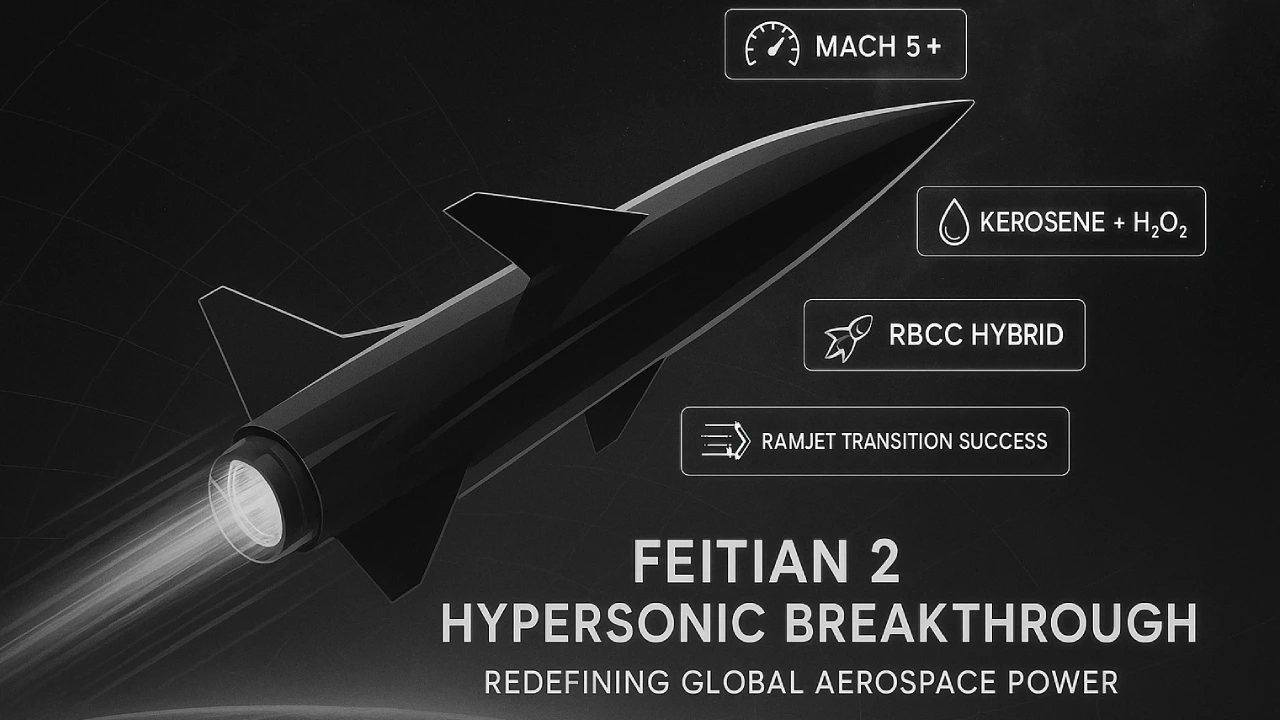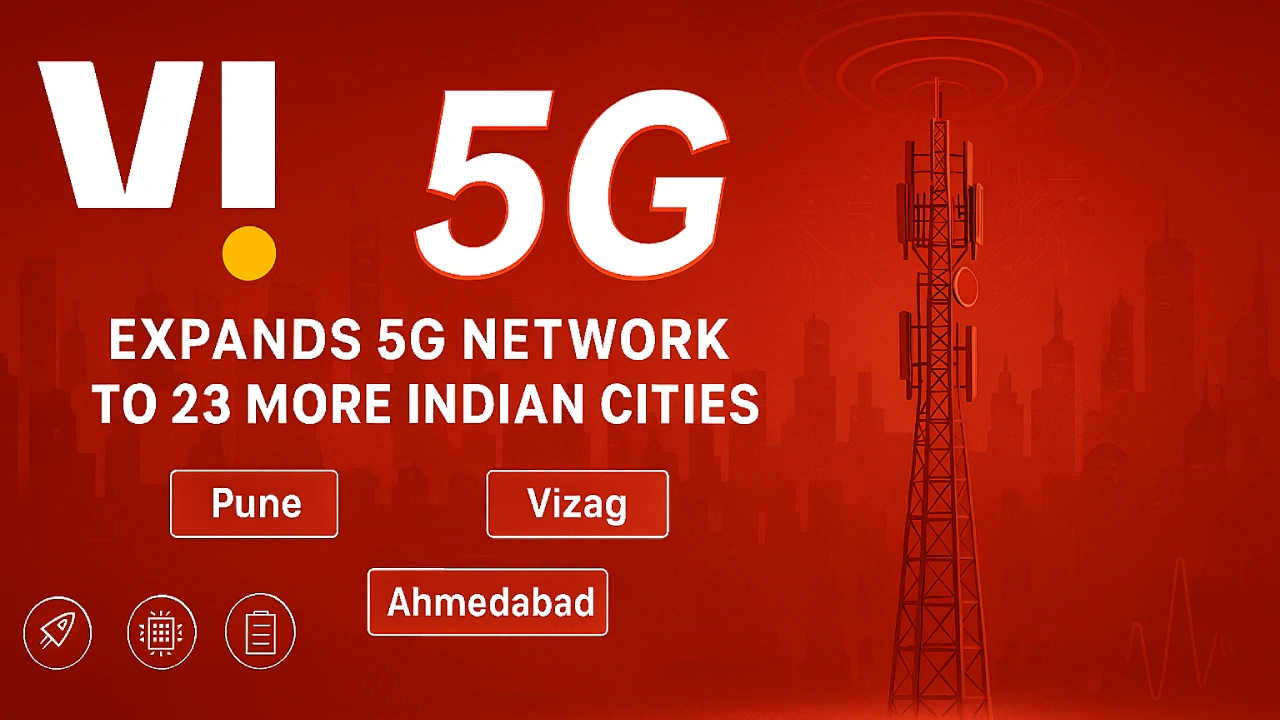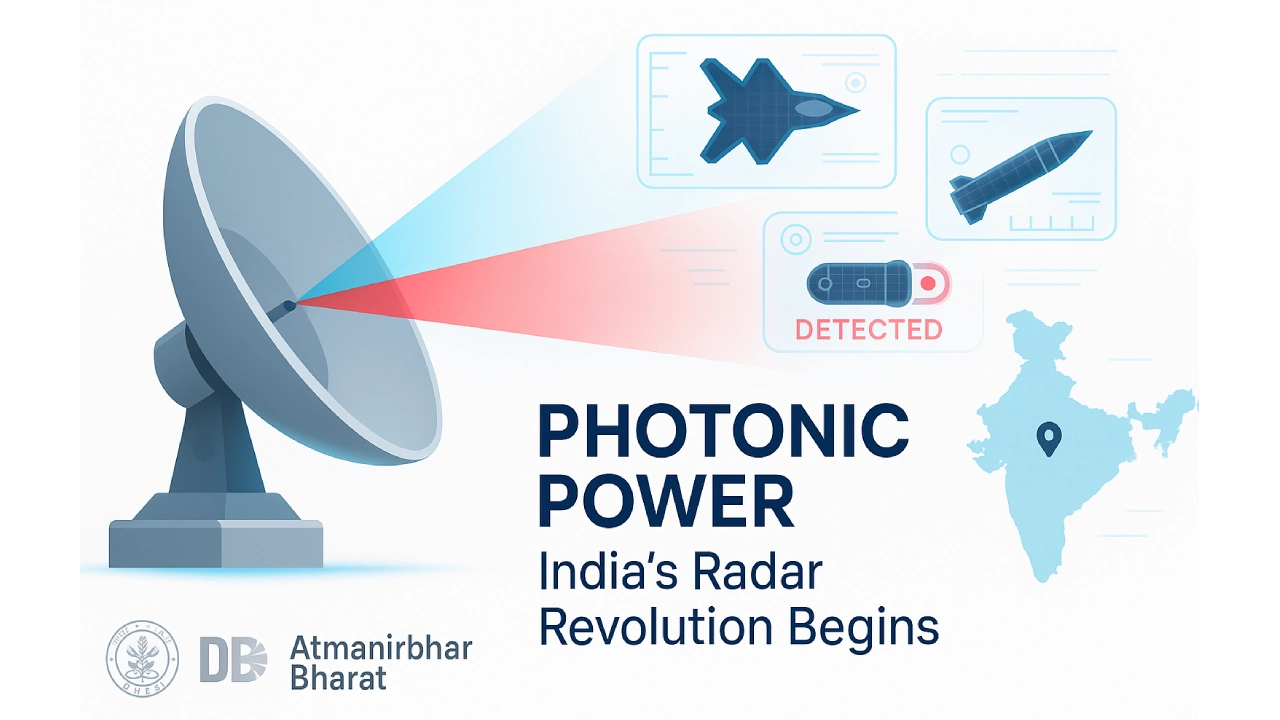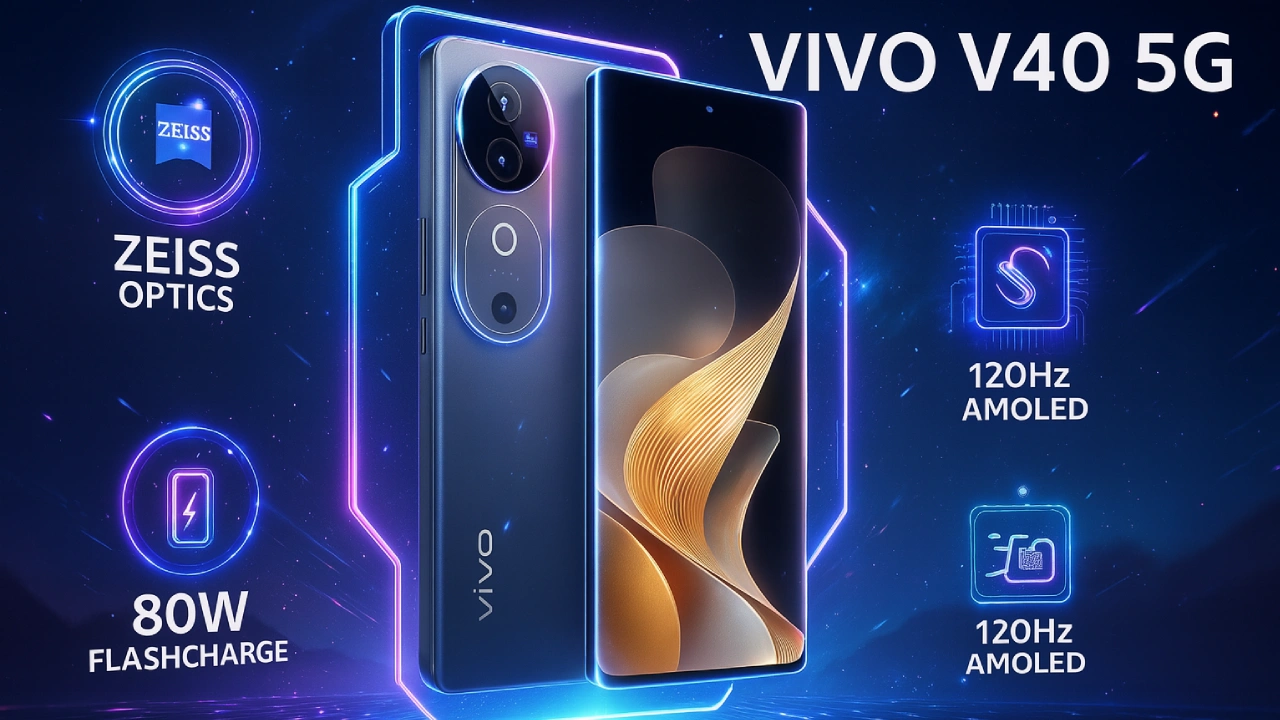Indian Railways is gearing up for one of its biggest digital overhauls ever with the launch of the Modern Passenger Reservation System (PRS) by December 2025. As India’s rail network continues to serve over 23 million passengers daily, upgrading the reservation infrastructure is no longer just an option—it’s a necessity.
This new-age reservation system is designed to offer faster, smarter, and more inclusive services to millions of travelers across the country. But what exactly is the Modern PRS, and how will it impact your travel experience? Let’s break it down.
What is the Modern Passenger Reservation System (PRS)?
The Modern Passenger Reservation System (PRS) is a complete revamp of the existing train booking and enquiry system used by Indian Railways. It aims to provide a faster, more secure, and user-friendly platform for passengers to plan and book their journeys.
This advanced system is being built with cutting-edge technology to handle high traffic loads, simplify the user experience, and provide real-time access to essential travel information like seat selection, fare calendars, and multilingual support.
Key Features of the Modern PRS
Here’s what makes the Modern Passenger Reservation System (PRS) a game-changer:
1. Live Seat Selection
Passengers can choose their seat preference at the time of booking—just like you do while booking a flight.
2. Multilingual Interface
The system will support multiple Indian languages, making it more accessible for users across regions and language backgrounds.
3. Fare Calendar View
You’ll be able to view fare trends across dates to help plan your travel for the most affordable options.
4. Inclusion-Focused
The system will integrate services for Divyangjan (differently-abled individuals), students, and patients, making the reservation process smoother for all.
5. Boosted Performance
- Can handle over 1.5 lakh bookings per minute—5x more than the current system.
- Can manage 4 million enquiries per minute, a 10x jump in capacity.
8-Hour Reservation Chart Rule
Another major change alongside the Modern PRS is the extension of reservation chart preparation time. Instead of the usual 4 hours, Indian Railways will now release the list of confirmed passengers 8 hours before train departure.
Why this matters:
- Better clarity for waitlisted passengers.
- More time for travelers to rearrange plans if not confirmed.
- Helpful for those traveling from rural or remote areas.
This new charting timeline will roll out in phases to ensure smooth implementation.
OTP-Based Tatkal Ticket Booking
Starting July 1, 2025, all Tatkal ticket bookings will require OTP authentication. Only authenticated users will be allowed to book through the IRCTC website or app.
Time Slots for Tatkal:
- AC Class: 10:00 am to 10:30 am
- Non-AC Class: 11:00 am to 11:30 am
This update will:
- Curb misuse of Tatkal bookings by bots or agents.
- Ensure fair access for genuine passengers.
- Make the Modern PRS more secure and transparent.
Why the Modern PRS is a Big Deal
India’s current PRS was built to handle lower traffic volumes and doesn’t match the speed or scalability needs of today’s digital India. With the Modern Passenger Reservation System (PRS), Indian Railways is not just solving old problems—it’s building a futuristic platform.
Here’s what it brings:
| Feature | Old PRS | Modern PRS |
|---|---|---|
| Booking Speed | ~30,000/min | 1.5 lakh+/min |
| Enquiry Speed | ~4 lakh/min | 4 million/min |
| Seat Selection | No | Yes |
| Multilingual | Limited | Full support |
| Tatkal Authentication | None | OTP-based |
Final Thoughts: A Smart Future for Train Travel
The Modern Passenger Reservation System (PRS) is more than just a tech upgrade—it’s a paradigm shift in how we plan, book, and experience rail journeys in India.
From real-time updates and faster booking speeds to inclusive design and secure Tatkal bookings, this system brings Indian Railways closer to global standards while keeping passenger convenience at its heart.
Whether you’re a daily commuter or an occasional traveler, these changes are bound to simplify your travel experience starting in 2025.







